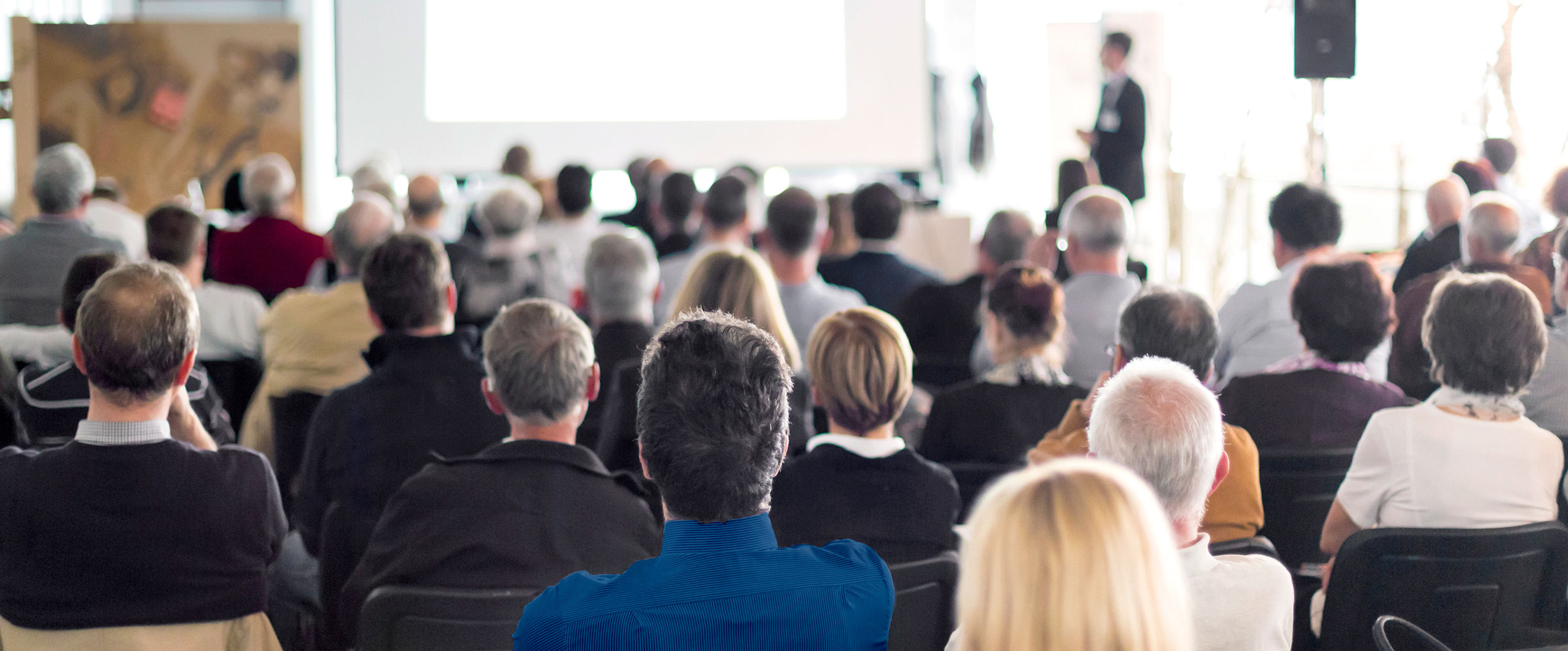
With the COVID-19 pandemic in its third year, the question how the former has affected labour markets and economic policies continues to be of prime importance. Has the pandemic led to lasting changes in the organization of work? Which workers, firms or regions will benefit from such changes? Thus far, research has mainly focussed on the pandemic’s initial impact. Much less is known about its effects in the medium run and if early adjustments have turned into permanent changes. As more data is becoming available, it is now possible to assess how individual labour market biographies have been affected; how firms adapted to disruptions in their production processes; how the effects of the pandemic differed between regions, sectors or occupations; and whether certain policies have been changed permanently as a result of the crisis. The purpose of this workshop is to bring together researchers to present and discuss current work on the labour market consequences of the COVID-19 pandemic.
- How have individual labour market biographies been affected by the pandemic?
- Do pandemic effects differ between groups of individuals and have there been changes in labour market inequality?
- Has the pandemic led to labour market scarring?
- How have school-to-work transitions, entries into training or transitions from training into employment been affected?
- How has the allocation of household or care tasks changed during the pandemic?
- Has occupational mobility changed as a result of the pandemic?
- How have firms responded to the pandemic?
- How has the adoption of working-from-home schemes affected firms’ production processes?
- Has the pandemic led to more investment in digital technologies and how has this affected the workers at the firm?
- Has occupation- or task-specific labour demand changed during the pandemic?
- How has short-term work been used during the pandemic?
- Have firms adjusted their (international) supply chains?
- Have urban labour markets become less attractive?
- Have regional labour market disparities increased as a result of the pandemic?
Termin
25.10.2022 - 26.10.2022
Ort
IAB Nürnberg
Keynote Speakers
- Abi Adams-Prassl (University of Oxford)
- Eliza Forsythe (University of Illinois)
Wissenschaftlicher Ausschuss
- Silke Anger (IAB, University of Bamberg)
- Luisa Braunschweig (IAB)
- Mara Buhmann (IAB)
- Carlos Carrillo-Tudela (University of Essex)
- Bernd Fitzenberger (IAB, FAU Erlangen-Nürnberg)
- Christina Gathmann (LISER)
- Kristiina Huttunen (Aalto University)
- Piotr Lewandowski (Institute for Structural Research)
- Ludivine Martin (LISER)
- Duncan Roth (IAB)
Organisation
- Christina Gathmann (LISER)
- Duncan Roth (IAB)
- Miriam Schirmer (IAB)
Einreichung der Beiträge
We welcome the submission of theoretical and empirical research in the form of full papers or extended abstracts on the following topics (contributions on related topics will also be considered). Early-stage researchers are expressly encouraged to submit their work. We intend to organise sessions dedicated to the presentations of early-stage researchers which will be discussed by a senior researcher.
Please submit a full paper or extended abstract to IAB.Covid-Conference@iab.de
- Deadline for submission: 8 August 2022
- Deadline for acceptance: 31 August 2022
Konferenz- und Reisekosten
No conference fee is charged.
Programm
Das Programm finden Sie auf XING-Events.
Anmeldung
Bitte melden Sie sich auf XING-Events an.

